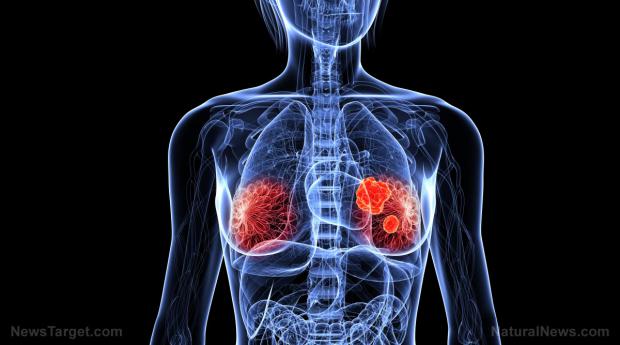
Breaking News
 "TEST Her First!" - Do This BEFORE You Get Married | Charlie Kirk
"TEST Her First!" - Do This BEFORE You Get Married | Charlie Kirk
 AI, Inevitability, & Human Sovereignty
AI, Inevitability, & Human Sovereignty
 Researchers Found Unvaccinated Children Healthier Than Vaccinated, Didn't Publish Findings
Researchers Found Unvaccinated Children Healthier Than Vaccinated, Didn't Publish Findings
 The Five Most Likely Outcomes From The Russian Drone Incursion Into Poland
The Five Most Likely Outcomes From The Russian Drone Incursion Into Poland
Top Tech News
 Tesla Megapack Keynote LIVE - TESLA is Making Transformers !!
Tesla Megapack Keynote LIVE - TESLA is Making Transformers !!
 Methylene chloride (CH2Cl?) and acetone (C?H?O) create a powerful paint remover...
Methylene chloride (CH2Cl?) and acetone (C?H?O) create a powerful paint remover...
 Engineer Builds His Own X-Ray After Hospital Charges Him $69K
Engineer Builds His Own X-Ray After Hospital Charges Him $69K
 Researchers create 2D nanomaterials with up to nine metals for extreme conditions
Researchers create 2D nanomaterials with up to nine metals for extreme conditions
 The Evolution of Electric Motors: From Bulky to Lightweight, Efficient Powerhouses
The Evolution of Electric Motors: From Bulky to Lightweight, Efficient Powerhouses
 3D-Printing 'Glue Gun' Can Repair Bone Fractures During Surgery Filling-in the Gaps Around..
3D-Printing 'Glue Gun' Can Repair Bone Fractures During Surgery Filling-in the Gaps Around..
 Kevlar-like EV battery material dissolves after use to recycle itself
Kevlar-like EV battery material dissolves after use to recycle itself
 Laser connects plane and satellite in breakthrough air-to-space link
Laser connects plane and satellite in breakthrough air-to-space link
 Lucid Motors' World-Leading Electric Powertrain Breakdown with Emad Dlala and Eric Bach
Lucid Motors' World-Leading Electric Powertrain Breakdown with Emad Dlala and Eric Bach
 Murder, UFOs & Antigravity Tech -- What's Really Happening at Huntsville, Alabama's Space Po
Murder, UFOs & Antigravity Tech -- What's Really Happening at Huntsville, Alabama's Space Po
Common chemicals in cosmetics and plastics linked to more aggressive breast cancer, study finds

• A new scientific review reveals that phthalates — common chemicals in household products — not only contribute to the initial development of breast cancer but also actively fuel its growth and spread, making it more aggressive and harder to treat.
• These chemicals are pervasive in modern life, leaching from products like food packaging, vinyl flooring, building materials and personal care products (perfumes, nail polish, hairspray) due to not being chemically bound to them.
• Phthalates act as potent endocrine disruptors by mimicking the hormone estrogen. They bind to cellular receptors, issuing false commands that trigger uncontrolled cell division (cancer) and activate genes that promote tumor growth.
• Phthalate exposure can directly reduce the effectiveness of common chemotherapy drugs (like paclitaxel and tamoxifen), suggesting it could be a hidden factor in treatment resistance and poorer survival outcomes.
• The research highlights a significant regulatory gap, with the EU restricting many phthalates while the U.S. has far fewer bans. It calls for both personal vigilance (choosing phthalate-free products) and urgent systemic change from policymakers to address this public health threat.
A groundbreaking scientific review has delivered a sobering warning: Everyday chemicals found in countless household products not only contribute to the development of breast cancer but also supercharge its growth and spread, making it significantly harder to treat. Published in the journal Ecotoxicology and Environmental Safety, the research suggests that pervasive environmental toxins are hijacking human biology with potentially fatal consequences.
A pervasive threat in modern life
The chemicals in question, known as phthalates, are industrial plasticizers added to a vast array of products to increase their flexibility and durability. They are not chemically bound to these products, allowing them to leach out into the environment and into the human body. For millions of Americans, exposure is a daily, unavoidable fact of life. These chemicals are found in food packaging, vinyl flooring, building materials and — most intimately — in a wide spectrum of personal care items including perfumes, colognes, body sprays, nail polish and hair sprays. (Related: CHEMICALS LIST: Toxic ingredients in cosmetics and personal care products.)



